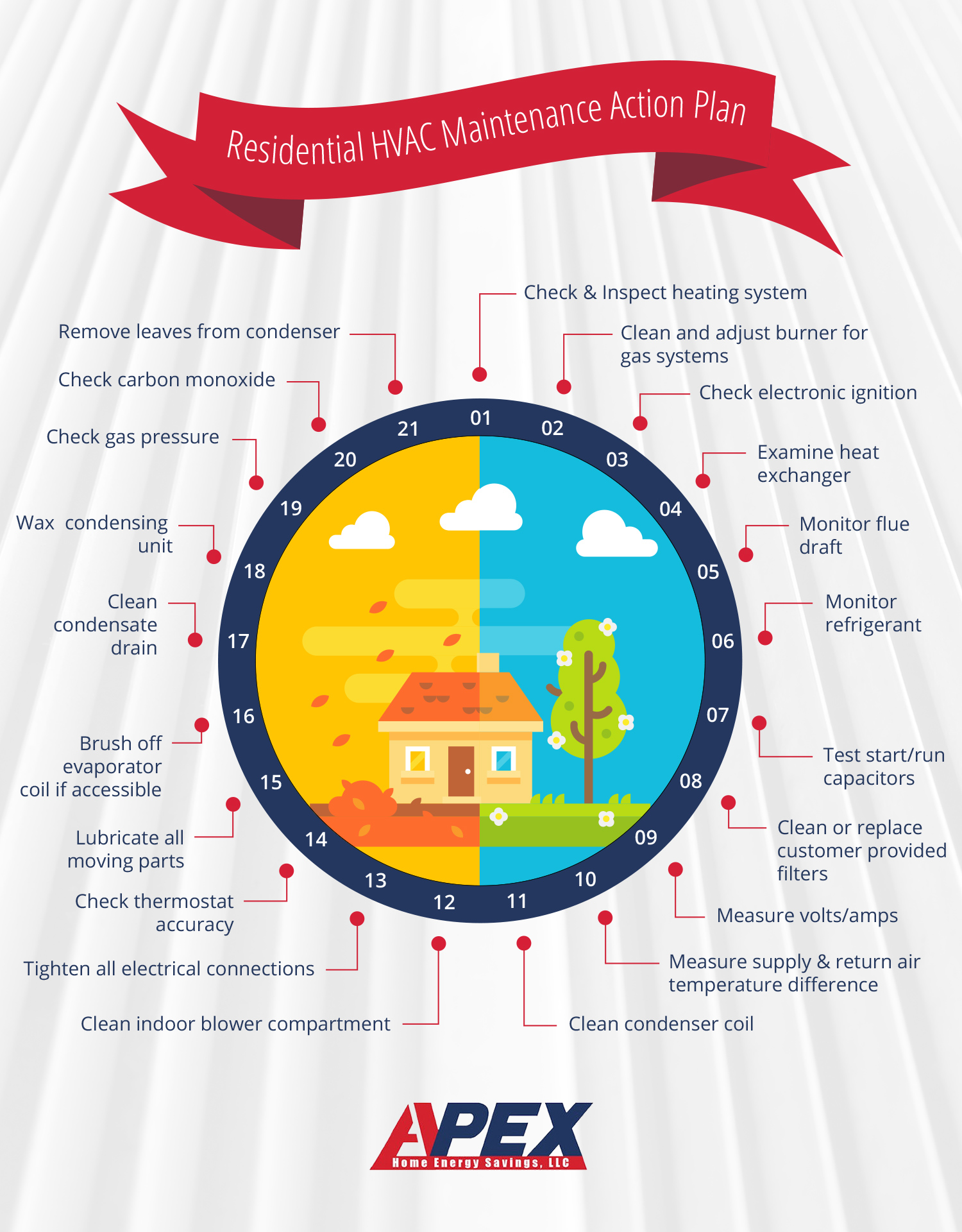Checking Out The Environmental Advantages Of Warm Pumps - A Lasting Heating Service
Checking Out The Environmental Advantages Of Warm Pumps - A Lasting Heating Service
Blog Article
Post Developed By-Cox Hewitt
In an era where sustainability and energy performance are paramount, numerous services seek eco-friendly home heating options. One such solution is the heatpump.
A heatpump draws out the warm in its surroundings and pumps it into your home, resulting in one of the most efficient green main heater around. This procedure additionally generates zero greenhouse gas emissions, making it an extremely sustainable innovation.
Power Effectiveness
Heat pumps are extremely energy efficient and require little upkeep. They use much less electricity than various other heating systems and are without a doubt one of the most eco-friendly. They work well with rooftop solar and can commonly spend for themselves in energy financial savings alone.
They can additionally offer cooling, which is fantastic for garage workshops, attic hangouts and incentive rooms, and home enhancements without expanding the existing ductwork. They can also be made use of for retrofits in existing homes with hydronic (water-based) circulation systems such as reduced temperature radiators or radiant floors.
Look for versions with SEER and HSPF rankings that meet or exceed Canada's minimum criteria, along with the criteria in your area. Higher ratings suggest greater effectiveness, which conserves you money in the future and reduces your carbon footprint. You may even qualify for refunds and incentives! The best systems are those with a ground warm exchanger for added effectiveness. These systems can soak up thermal power from the ground during the winter months and essence it in the summer season.
Minimized Greenhouse Gas Emissions
Heatpump run on power and essentially transfer warm from the air, also when it's chilly outside. They are able to extract the complimentary heat entraped in air fragments and relocate them inside, minimizing humidity while doing so.
Compared to gas heaters, contemporary heat pumps make use of less than one kilowatt of electrical power per kilowatt of home heating power they create. This makes them the most power effective home heating option available with a COP (Coefficient of Performance) of four or even more. By slashing the demand for fossil fuels, heat pumps help in reducing greenhouse gas emissions and reduce other major air toxins.
Structure decarbonization is a worldwide critical, and the heating and cooling market is a key vehicle driver of that procedure. Whether dc heat pump services making net no dedications, plan makers establishing discharges limitations, or lessees demanding greener areas, electrical heatpump are being recognized as an important solution. They are a cost-efficient means to minimize carbon exhausts by getting rid of the demand for nonrenewable fuel sources in structures.
Adaptability
Heatpump can be used in lots of kinds of homes and structures-- with or without ducts. They work with hot-water radiators, air-conditioning and programmable thermostats. https://www.achrnews.com/articles/143673-commercial-building-trends-shift-to-address-covid-19 can change furnaces or be installed in brand-new houses. They can work on photovoltaic panels, geothermal systems and even district heating sources like wastewater.
They're great at delivering more warm per power system. For example, an air-source heatpump produces approximately 3 or even more heating devices from each electricity system it eats.
Getting the most from your heat pump will certainly depend on your climate area and high quality of insulation. Look for versions with ENERGY celebrity rankings and contrast their SEER or HSPF specs. In go to this site , focus on SEER; in colder areas, think about a system with a greater HSPF score. On top of that, buy air sealing and insulation to reduce the lots on your heat pump. That will certainly enhance power effectiveness and aid you reach your Web Zero goals much faster.
Biomass Boilers
Biomass central heating boilers use timber pellets, chips or logs to create heat and hot water. They are an excellent option for off-grid residential or commercial properties or those that want to get off the gas grid.
As a standalone heater, biomass can supply adequate energy to maintain your home cozy all year round without the regular warm drop off of other renewable technologies. They can additionally be made use of in conjunction with solar panels to maximise financial savings and gain from RHI payments.
A drawback of these systems is the in advance cost and normal gas deliveries. Typically, pellets will need to be blown right into a gas store making use of a vacuum system or they can be by hand fed right into the boiler with a hopper. Logs are commonly self-sourced from nearby timberland or purchased in bulk. In addition to this, they call for hand-operated loading and might require cleaning on a regular basis.